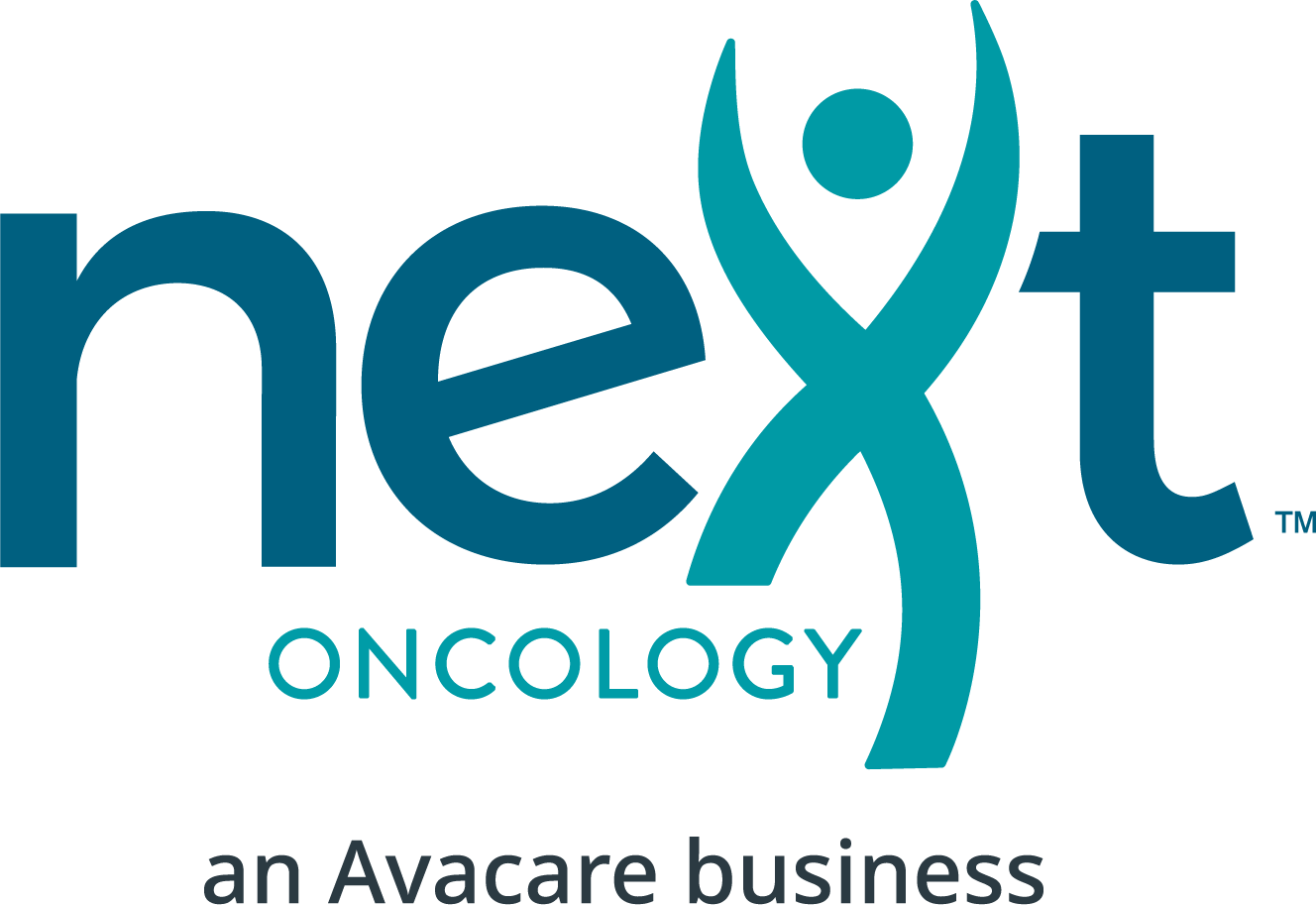Research remains an essential part of cancer care. In this monthly blog, we will provide information about recent updates or new approvals as it applies to breast cancer written by Dr. Sharon Wilks.
In 2022, we have a new treatment available for men and women with a rare form of breast cancer, known as Triple Negative Breast Cancer (TNBC). This breast cancer, which occurs in about 10-15% of breast cancer survivors, is so named because of the absence of receptors for Estrogen, Progesterone and HER2 Neu. Traditionally, chemotherapy has been the main stay of treatment for this is the type of breast cancer because a specific targeted therapy has not been available. However, recent success in application of immune therapy was attained in patients with stage IV TNBC and this prompted studies in patients with early stages of TNBC where the hope is that survival will be improved, and prevention of recurrence may be achieved.
A study referred to as Keynote 522 recently was reported at European Society for Medical Oncology (ESMO) and more recently at the San Antonio Breast Cancer Symposium (SABCS) in December 2021. The success of this study has now led to the use of immune therapy in higher risk patients with TNBC. Keynote 522 was a Phase 3 study of Neoadjuvant Pembrolizumab + Chemotherapy versus Chemotherapy alone in patients with TNBC who had higher stages of disease defined as stage II or higher. This study enrolled 1,174 patients and they received traditional therapy with chemotherapy including weekly administration of Carboplatin and Taxol for 12 weeks. This was followed by four cycles of Adriamcyin & Cytoxan which were given in 3-week cycles compared to the same treatment given with Pembrolizumab, an immune check point inhibitor, every three weeks.
Recent updates showed that a significant improvement in Event Free Survival was seen in those who received the treatment with the immune therapy. More than 94% of patients given immune therapy were alive without relapse for those who were found to have no cancer at the time of their definitive surgery. Even amongst those who had residual cancer after Neoadjuvant therapy at the time of surgery experienced an improvement in outcomes when given this treatment with immune therapy.
Due to the improvements in disease shrinkage or pathologic complete remission and statistically significant improvement in Event Free Survival in this high-risk cohort, the FDA approved the drug Pembrolizumab to be given with chemotherapy when a person is diagnosed with TNBC with stage II or higher disease.
The impact of this new agent in treatment has been practice changing. As with any treatment, there are dangers and, in this case, adverse immune effects have been reported including thyroid dysfunction, adrenocortical dysfunction, colitis, pneumonitis, hepatitis and rash. If treatment with steroids is used immediately when signs of these changes occur, most experience near complete resolution of the problems though some patients have required thyroid replacement or other hormone replacements long term.
With so much success why do we need to continue with research? The results of Keynote 522 have led to many questions. For example, the original treatment plan required those assigned to Pembrolizumab preoperatively to receive nine cycles of this agent postoperatively. There has been a question of the need for this additional therapy in the adjuvant setting particularly for those who at the time of surgery had changes consistent with a pathologic complete remission. In other words, if the disease is gone and these patients per Keynote 522 results, do not relapse, is there any need to continue immune therapy postoperatively?
Also, there is no currently identified marker to know who truly benefits from this additional treatment. Amongst patients treated with chemotherapy alone who also achieve a pathologic complete remission, event free survival to those who received immune therapy. This raises the question of whether we can find a marker that might predict who may benefit and need Pembrolizumab but spare those who are likely to do well with chemotherapy alone.
Chemotherapy has been found to be very effective and helpful in TNBC when chemo-immune therapy approaches are used. But in Keynote 522, there were four chemotherapy agents used and there has been a question as to whether or not all of this treatment is necessary to achieve the same outcome.
For TNBC patients who have residual disease, traditionally an oral chemotherapy known as Capecitabine has been used based upon prior reports of improvement in survival. We want to know if it is safe and is it necessary to combine this agent with the adjuvant (postoperative treatment) Pembrolizumab? Amongst patients with BRCA mutations, recently the FDA approved Olaparib, a PARP Inhibitor. The question there is whether or not it is safe and necessary to use this along with adjuvant Pembrolizumab?
It is important to note that the Keynote 522 was not designed to answer these questions because these treatments were not approved for standard of care at the time this study was launched.
With success, new questions continue to arise. Even with great outcomes from Keynote 522, there were still deaths reported and of those with residual disease, greater than 40% had recurrences in the group who did not receive Pembrolizumab. And even amongst those who did receive Pembrolizumab, in this group, there were high numbers of recurrences. Can we improve upon this strategy with better agents that augment our immune system? Can we minimize side effects both acute and chronic effects of immune therapy?
With so many questions, ongoing and continued research remains crucial for us to answer these questions and improve patient outcomes.
Thus, when facing a diagnosis of cancer, we encourage you to consider participating in clinical trials. The research can be life changing. These kinds of treatments and studies can improve our understanding about cancer and treatments significantly for current and future cancer patients.


